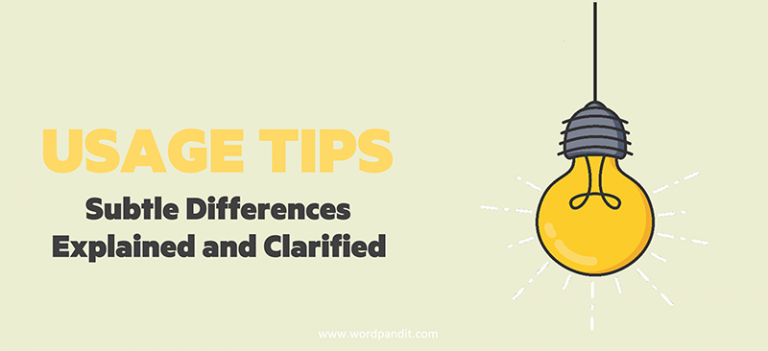Champagne vs. Champaign: Are You Making a Toast or Talking Geography? 🍾🗺️
Imagine this: You’re at a fancy dinner, ready to impress everyone with your knowledge of fine beverages, when suddenly—you mix up Champagne with Champaign! 🥂 One refers to the iconic bubbly drink, while the other…well, it might just lead you to a flat field. Understanding the difference can save you from such awkward moments and even add a fun little trivia nugget to your repertoire. Let’s dive into the details and pop the cork on this confusion! 🍾
Champagne 🥂
Definition: Champagne (sham-peyn) refers to a sparkling wine that comes specifically from the Champagne region in France. Only bubbly from this region has the privilege of using this prestigious name—everything else is just sparkling wine. The stringent regulations around the production of Champagne make it a unique and high-quality drink, recognized around the world for its distinct flavors and effervescence. ✨
Pronunciation: ⚫ sham-peyn
Etymology: The name comes from the Champagne region of France, where this fizzy delight is crafted. The word originally meant “open field” in Latin, connecting to its geographic roots. 🌍 The Champagne region’s name reflects its historical use as an open, agricultural area before it became synonymous with luxury and celebration. 🥳
Usage Example: “We opened a bottle of Champagne to celebrate the promotion.” 🎉 Whether it’s a wedding, a birthday, or a New Year’s Eve party, Champagne has become the quintessential drink for all things celebratory, adding a touch of elegance and excitement to any occasion. 🥂✨
Synonyms & Antonyms:
- Synonyms: Sparkling wine, bubbly, fizz 🍾
- Antonyms: Still wine, flat beverage, non-carbonated drink 🚫
Champaign 🌾
Definition: Champaign (sham-peyn) is an archaic word that refers to an expanse of open countryside or plain. Today, you’ll mostly find it used in place names, such as Champaign County in Illinois, USA. It evokes images of wide, flat landscapes stretching out towards the horizon, often dotted with fields and farms. 🌄
Pronunciation: ⚫ sham-peyn
Etymology: Like its fizzy cousin, champaign also traces back to Latin origins, meaning “field.” 🌿 However, this version stayed rooted in describing landscapes rather than bubbly beverages. The use of champaign to describe an open plain has largely fallen out of common vocabulary, but it still lingers in place names and historical texts. 📜
Usage Example: “They drove through the flat, champaign landscape of the Midwest.” 🚗 The champaign fields stretched endlessly, a testament to the rich agricultural heritage of the region, offering a serene view of nature’s vastness. 🌾
Synonyms & Antonyms:
- Synonyms: Plain, prairie, open field, grassland 🌱
- Antonyms: Mountain, forest, hill, woodland 🌳
Comparison and Contrast
The main confusion between Champagne and Champaign stems from their identical pronunciation but completely different meanings. Champagne will get you tipsy, whereas champaign will get you traveling through wide, open fields. 🍷 If you’re in Illinois, you may find yourself in Champaign—but don’t expect any sparkling wine! 🚫🍾
To make it even clearer:
- Use Champagne when talking about celebrations, bubbles, and drinks. It’s all about festivity and elegance. 🥂🎉
- Use Champaign when describing land, geography, or locations like Champaign County. It’s all about open spaces and simplicity. 🌾
Contextual Usage
“We visited Champaign, Illinois, and later celebrated with a bottle of Champagne.” 🥂 This sentence helps illustrate both meanings in a single context, showing the distinct usage of each word and how they can coexist without confusion. 🤓
Mnemonic Device
Champagne: Think of “bubbly and celebration”—the “agne” at the end makes it sound fancy and sparkly, just like the drink. 🍾 Imagine the bubbles rising in a glass, each one representing a little moment of joy and celebration. 🎉
Champaign: Think of “plain”—a wide-open space, not bubbly. 🌾 The “plain” sound in the word helps you remember it refers to flat, open land, evoking images of endless horizons. 🌄
Related Words
Curious about other confusing pairs? 🤔 Check out desert vs. dessert 🍨🏜️, principal vs. principle 🎓📜, or affect vs. effect. They can be equally tricky but easy to master with a little help! Each of these pairs has its own set of mnemonic devices and examples to help you distinguish them with confidence. 💪
Conclusion
There you have it—the difference between Champagne and Champaign, all bubbly and plain! 🥂🌾 Now, next time you’re at a fancy dinner or traveling through Illinois, you’ll know exactly which one you’re talking about. Cheers to no more mix-ups! 🥳 Remember, whether you’re toasting with a glass of Champagne or admiring the vast champaign fields, each word has its own charm and unique context. ✨ Language can be tricky, but with a little practice, even the most confusing words become easy to master. 💡📚
Test Your Knowledge: Confusing Words – Champagne vs. Champaign
1. After their victory, they celebrated with a bottle of ___.
2. We drove across the flat ___ landscape of the Midwest.
3. Champagne refers to an open field in Illinois.
4. Identify the synonym for ‘Champagne.’
5. The locals of ___ County hosted a wine-tasting event.
6. We drove through ___ County before opening a bottle of ___.
7. Which word has its origins in Latin meaning ‘open field’?
8. Champaign is used to describe a sparkling drink.













